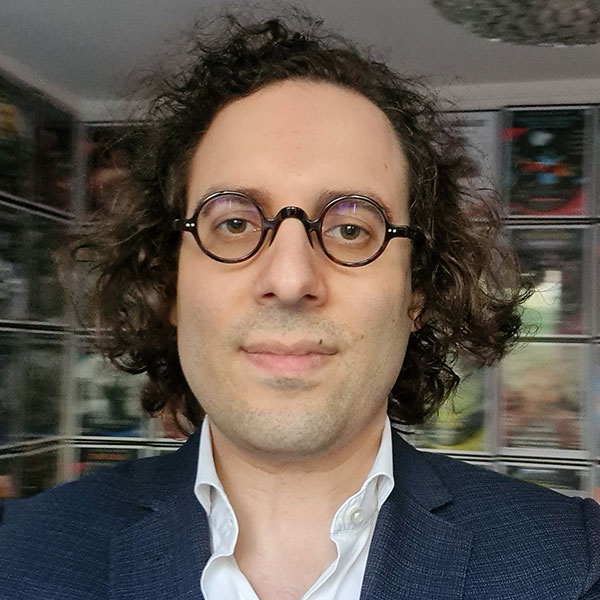Member State Interview
Once-Only Technical System Implementation – the French perspective
13 January 2023 | 8 minutes read
13 January 2023
Member State InterviewOnce-Only Technical System Implementation – the French perspective
“France share their personal view on the program and respective status on OOTS implementation”
Johnathan Attia
French CTO for European Single Digital Gateway
La direction interministérielle du numérique (DINUM)
The Once-Only Technical System can bring a new European network in terms of data exchange between governments and maybe even between citizens afterwards.
Member State Interview
The Once-Only view from France
We
We
He
T
J
W
H
I
W
J
T
T
Keeping to the theme of user-centricity, Jonathan that the number of authorities connected to the Once-Only Technical System naturally makes the system more complex “well, that multiplies the number of actors and therefore it complicates the possibility of having a quality network and to have a quality service”.
We really must always keep in mind the experience of the end user. That's what drives everything in fact
Ensuring that the quality of the system, and service, is a high priority for Jonathan: “we really must always keep in mind the experience of the end user. That's what drives everything in fact”. Jonathan reiterated his commitment to keep “high availability and high performance”. This is the key to building an even more ambitious system. “Because we want to be able to say to other [EU Member] States and to tell the European Commission that we are working for the [European] citizen. We want that when citizens connect, will have a satisfaction that this will enable politicians to engage more funds to develop this digital Europe”.
The European perspective
Considering the wider European perspective for a moment, Jonathan notes that “in reality, no one is forcing us to look at the European text [(EU) 2018/1724] as a constraint. I, personally, do not look at the European text as a constraint. I'm like, wow, it's a great springboard. That's leverage, it's great. We're going to build on that. But others must also have the same thought. They must be able to mobilise the resources and getting politics to come to support all development”.
He continues that “It's an exceptional opportunity that opens up to us. It mobilises all the Member States at the same time. The Internet is proof that we are able to do things internationally if everyone understands the value of doing so”. For Jonathan, “the Once-Only Technical System can bring a new European network in terms of data exchange between governments and maybe even between citizens afterwards. By extension, even if it is necessary to make a forward-looking effort of vision. That's what we need to develop, and for me anyway, this is what I carry as a message within the [SDG coordination group]”.
Europe deserves to make a technological new start, rather than feeling like it always lags behind […] This is a policy that must be pursued at the European level
Jonathan see’s the Once-Only Technical System, and projects like it, has part of what can make Europe a digital global leader. “The Same people who will make the European data centre, these will be the same people who will develop maybe a European Google”. He continued “We start with the procedures relating to citizens, but then can extend this initiative to [other] use cases”. Europe’s strength is that it is different countries cooperating. Reusing common solutions, like digital building blocks, to make common investments and save time and resources. But it only works “if we manage to communicate this European ambition”.
For Jonathan, Europe’s ability to innovate and cooperate is its strength. But he feels that regulating alone is not enough. “We must dare to change the rules of the game. We must dare to change the Technological paradigm […] If Europe can concentrate on Disruptive innovations, we change the rules of the game and we get involved creates a de facto advance rather than seeking to catch up.”.
His message is undeniably positive: “Europe deserves to make a technological new start, rather than feeling like it always lags behind […] This is a policy that must be pursued at the European level”.
